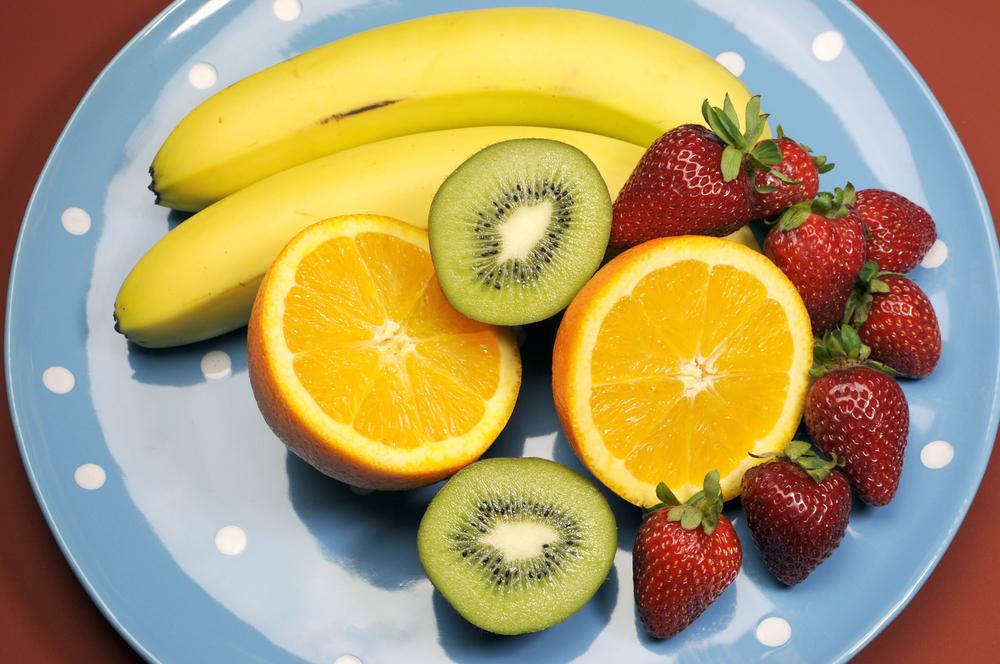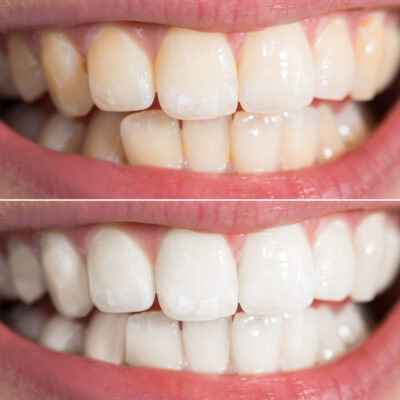
Simple IBS Dietary Tips
Irritable bowel syndrome leads to symptoms such as constipation or diarrhea, along with other symptoms of bloating, stomach cramps, and problems in urinating and having sex. The condition can be treated with medication and by managing your diet and lifestyle. Exact diet changes that need to be made depends on the type of IBS you are suffering from. There are particular foods you should stay away from when you are suffering from constipation and when you have diarrhea.
The following are some simple IBS dietary tips that can make a big difference:
1. Hydrate
Drinking water is extremely important, and when it comes to IBS it can make you feel a lot better. You should drink plenty of water throughout the day to ensure you are not dehydrated. This helps with any type of IBS.
2. Don’t skip meals
You should never skip meals under any circumstances because this can lead to your symptoms worsening. Instead, you can opt for having smaller meals throughout the day. This is one of the top IBS dietary tips given by doctors.
3. Eat slowly
You should ensure you are not eating your food too fast because this will delay digestion. Instead, take smaller bites and chew your food well when you are eating your food. This will help aid with faster digestion and help ease the condition’s symptoms.
4. Processed foods
You should avoid processed foods because these usually mean slower digestion. These will only make your symptoms get worse. You should avoid oily food and fatty food as well as much as possible to be on the safe side.
5. Avoid hard to digest foods
Certain foods are difficult to digest, such as broccoli and Brussel sprouts.. Avoid these foods to ensure you are not triggering your IBS and instead, choose foods that can be easily digested.
6. Prepare meals at home
One of the IBS dietary tips is to cook your meals at home. It can be tempting to just order meals from outside but cooking your food with proper ingredients is going to help you know exactly what goes in it, thereby making it easier to manage any possible side-effects.
7. Limit caffeine, sweeteners, and lactose
You should avoid having too much caffeine as this can trigger IBS symptoms. You should avoid consuming alcohol as well. If you cannot do without any of these then minimizing them is key to improving the condition.
Artificial sweeteners are a bane for anyone suffering from IBS. Hence, an important dietary tip is to lower the use of these sweeteners and if possible, avoid them altogether.
You should avoid or minimize the foods that are high in lactose content. You can opt for foods that are low in lactose content such as yogurt and hard cheese. You can even try dairy-free products as these can help. But make sure you don’t pick highly flavored dairy-free foods and drinks.
8. Keep a food journal
It is recommended that you maintain a notebook where you write what you eat every day and the symptoms that you experience. This will make eliminating the triggers easier for you. Speak to your dietician about your IBS diet and ask about probiotics which can help you feel better. A dietician will give you exact dietary changes you can make for maximum benefits.


